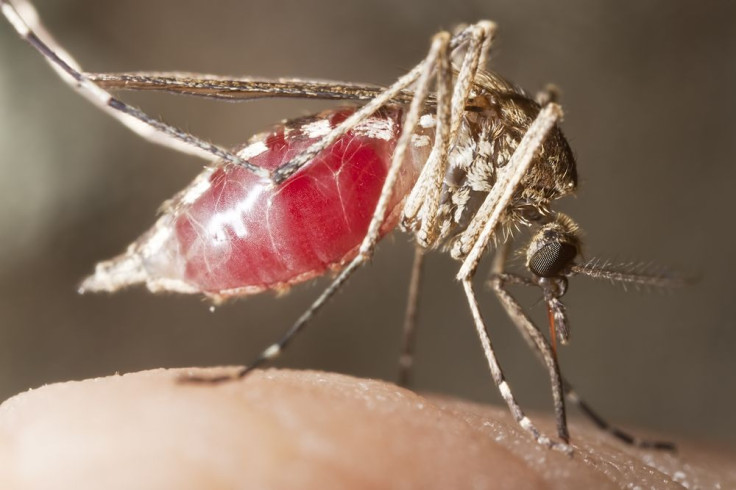Developing A Malaria Vaccine: New Antibodies Block Signaling Pathway Vital To Parasitic Invasion

There have been some monumental advances in eradicating malaria from the world as of late. The World Health Organization (WHO) recently released its World Malaria Report stating that the past decade has seen over 3.3 million lives saved from the sometimes deadly mosquito-borne disease. Furthering these prospects of ridding the world of malaria, a team of researchers from Singapore’s Nanyang Technological University (NTU) have created antibodies that could block a signaling pathway in the malaria parasite, and subsequently prevent infection.
The antibodies, which the researchers describe in an article in the journal Nature Communications, effectively block a calcium signaling pathway that’s vital to the parasite’s ability to invade red blood cells in the host body. “What we have identified is a region of the malaria parasite, which it uses to attach a healthy blood cell, then pushes itself into the cell,” Professor Peter Preiser, chair of NTU’s School of Biological Sciences, said in a press release. “To prevent this invasion, we developed antibodies which can interfere with this invasion process. So imagine the parasite has the key to unlock a door to the red blood cell, but we muck the key up, so no matter how hard the parasite tries, the door just refuses to open.”
Malaria is most commonly caused by the parasite Plasmodium falciparum, which infects mosquitoes, and is then transmitted through bites to humans, according to the Centers for Disease Control and Prevention (CDC). It causes severe fevers, shaking chills, and flu-like symptoms, and can be life threatening for children and older adults. However, anyone is susceptible to severe malaria, characterized by anemia, seizures, neurologic abnormalities, kidney failure, and cardiovascular collapse. The chances of survival all depend on the sick person’s age, the species of malaria parasite, and the part of the world that the infection was acquired. Malaria infection is most prevalent in sub-Saharan Africa, Asia, Latin America, and some parts of the Middle East and Europe.
Aside from the antibodies they created, the researchers also developed a technique that will spot when antibodies or vaccines created in the future succeed or fail to prevent the invasion of red blood cells. The technique utilizes high-throughput fluorescent scanning to quickly identify thousands of compounds and antibodies that could possibly prevent invasion. The way it works is, if the antibodies or drugs fail, the sample lights up. If they succeed, it remains dark.
The pharmaceutical company GlaxoSmithKline is also close to a attaining a malaria vaccine. In October, the company announced that it would seek a license to sell the world’s first vaccine for the disease, with hopes of distributing it in Africa by 2015. Out of about 15,000 children in seven countries, the vaccine proved effective in treating almost 50 percent of those ages 5 to 7 months, and almost 25 percent of those between 6 and 12 weeks old. Although protection only lasted for about 18 months, it was significant enough, considering that at least one African child dies every minute from infection.
Source: Gao X, Gunalan K, Preiser P, et al. Triggers of key calcium signals during erythrocyte invasion by Plasmodium falciparum. Nature Communications. 2013.
Published by Medicaldaily.com



























